Subhash Chandra Bose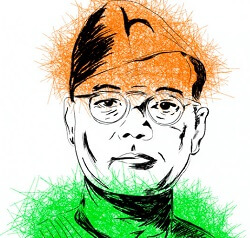
Whenever it comes to the contribution of those who made India independent, we come across many names. It will not be possible to go through all of them within a single article, so here we will discuss one among them that has had a huge impact. Every individual has had an enormous impact and played an essential role in letting the country get independence, which is so true too. So, in this article, we will discuss the biography of Subhash Chandra Bose, one of the greatest revolutionaries, and we will try to cover as many aspects of his life as possible. Early Life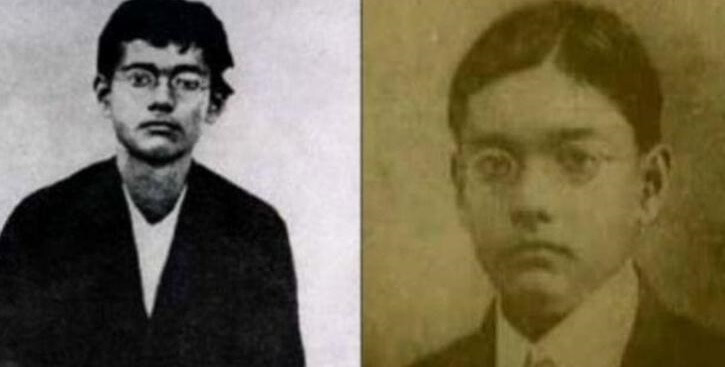
Subhash Chandra Bose was a legendary Indian freedom fighter who contributed immensely to reconquering our nation from British rule. On January 23rd, 1897, he was born into an affluent Bengali family in Orissa, though he loved his nation so intensely that he sacrificed his entire life. He has a total of seven brothers and six sisters. Subhash was also known as Netaji, and he was the ninth child of his parents and was quite close with his brother Sharad Chandra. Janakinath, Subhash Chandra Bose's father, was the best and most respected lawyer in Cuttack, who was given the title of Rai Bahadur. EducationNetaji had a tremendous love of learning since he was a child and was a responsible guy, so his instructor admired him most of the time. On the other hand, Netaji was never a sportsman, so he never indulged himself in any sporting activity. Netaji was a Cuttack native who had finished his initial education from there. After that, he went to Calcutta to continue his education, where he acquired a BA in Humanities from Presidency College. There Netaji also used to speak out against an English professor who used to harass the Indian student often. At that time, social inequality was a hot topic. And thus, it was the first instance where Netaji started thinking about starting the battle against the British. Further, Netaji aspired to prepare for civil service, but this was challenging for Indians at the time because of British control, so his parents sent him to England to study for the Indian Civil Services. And this decision was right, as Netaji achieved 4th position in the examination, with the best score in English. But Netaji had a great affection for India and was concerned about its freedom. Therefore, in 1921, he rejected a post in the Indian Civil Services and returned to India. Netaji considered Swami Vivekananda, his mentor, so he often followed his guidance. Political Life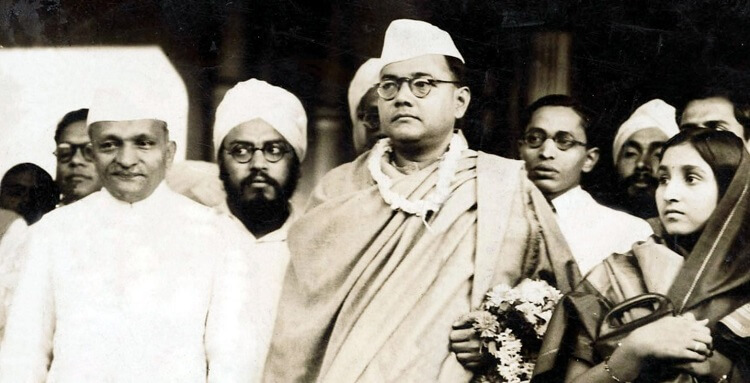
Netaji stepped into the campaign for freedom by joining the Indian National Congress Party after arriving in India. Working under Chittaranjan Das's leadership, he was part of the Congress party in Calcutta. Moving forward, Netaji regarded Chittaranjan Das as a political mentor. In 1922, Motilal Nehru and Chittaranjan Das left the Congress, created a separate party, and named it "Swaraj Party". Meanwhile, as Chittaranjan Das and his newly formed party were busy formulating a plan, Netaji found his legacy within Calcutta's youth, students, and other working guys. And after that, people began to recognize Subhash Chandra Bose by name.Netaji had arrived with such a bright mindset, so he immediately started being known as a Youth Leader. He always wanted to see India as an independent country soon. Later, in 1928, a conflict happened between the new and old members of Congress during a conference in Guwahati as the emerging young leaders did not like to obey any rules and regulations; instead, they wanted to produce their policies as per the requirement, whereas the old leaders chose to stick to the British govt's rules. Even though Subhash Chandra Bose's and Gandhi's thoughts differed as Netaji disagreed with Gandhiji's peaceful (non-violence) philosophy, his perspective was a young person who believed in violence. Although they had an opposite ideology, the goal was always the same, and they desired India to be independent as quickly as feasible. In 1939, Netaji competed for President of the National Congress, and Gandhiji campaigned against him by raising Pattabhi Sitaramayya, whom Netaji later beat. Gandhiji was distressed by this loss, and thus when Netaji came to know about it, he instantly quit his position. Netaji became anti-Gandhi in the court of public opinion due to the mismatches of ideas. He eventually quit Congress. Indian National Army-INA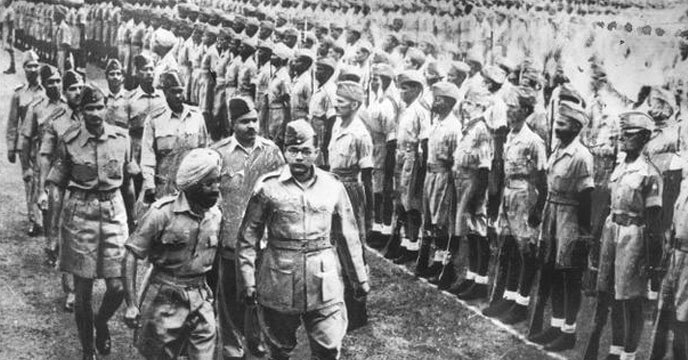
In 1939, when the Second World War was going on, Netaji took action there, expecting to gain the entire world's support so that the British would be forced from outsiders and quit the nation.Although he had a very significant effect initially, the British government later imprisoned him. He didn't eat or drink anything for over two weeks in jail. Seeing his worsening health condition, the country's youngsters got upset and demanded his release. After that, the British government placed him under house arrest in Calcutta. But after some time, Netaji managed to escape from his house with the help of his nephew Shishir in 1941. Then he first traveled to Goma, Bihar, before continuing to Peshawar, Pakistan. After that, he traveled to Germany via the Soviet Union, where he met Adolf Hitler. Netaji visited many parts of the world before entering politics, and thus he was intensely aware of the country and environment worldwide. He understood that Hitler's rival was England, and thus he thought it would be good to use diplomacy to seek revenge on the British. Making an enemy's enemy a friend seems right. He married Emily of Australia at this period and resided in Berlin with her, and later they had a daughter, Anita Bose. In 1943, Netaji left Germany and traveled to Japan. Later, Netaji, Mohan Singh, and Rash Behari reconstitute the 'Azad Hind Fauj,' and Mohan Singh was declared the chief of this. In addition, Netaji also founded the 'Azad Hind Sarkar' party, and in 1944, Netaji's Azad Hind Fauj popularized the most know motto for now "You give me blood, I will give you freedom." As a result, a new revolution swept the country. Netaji also travelled to England, where he interacted with the British Labor Party's Chairman and local political leaders and discussed India's freedom and destiny. He also persuaded the British to abandon India to a large extent. DisappearanceHe came to Singapore in July 1943, assumed control of Rash Behari Bose's Indian Independence Movement, and established the Azad Hind Fauj, commonly known as the Indian National Army. He was praised as "Netaji" at this point, a nickname he is still known by today. The subsequent events in the history of their quest for independence by him are hazy. When the INA reached Burma, severe weather and the Second World War's defeat of Japan and Germany prompted him to turn back after the INA had conquered the Andaman and Nicobar islands. On August 18, 1945, he was alleged to have perished in a plane crash in Taipei, Taiwan, even though it is generally accepted that he lived for a very long time after it. A Few Other Facts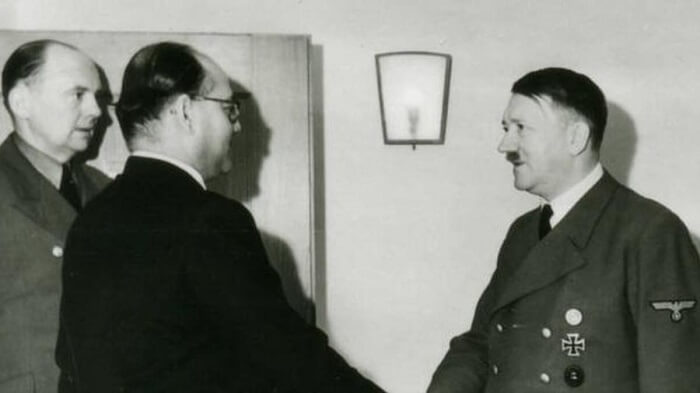
DeathNetaji's plane crashed in Taiwan in 1945 on his way to Japan. Even after many attempts and investigations, none could find his body at the plane crash spot, and thus further, he was declared dead after some time. The Indian government also introduced several inquiry panels into the incident, although this is yet to be verified what the cause was. But later, in May 1956, the Shah Nawaz Committee traveled to Japan to investigate Netaji's death, but Taiwan refused to cooperate because of a lack of a complex political connection. The Mukherjee Commission said in Parliament in 2006 that "Netaji did not die in an aircraft crash, and his ashes preserved at the Renkoji shrine are not his," however, the Indian government denied this claim. The inquiry and debate over this topic continue to this day. Subhash Chandra Bose Jayanti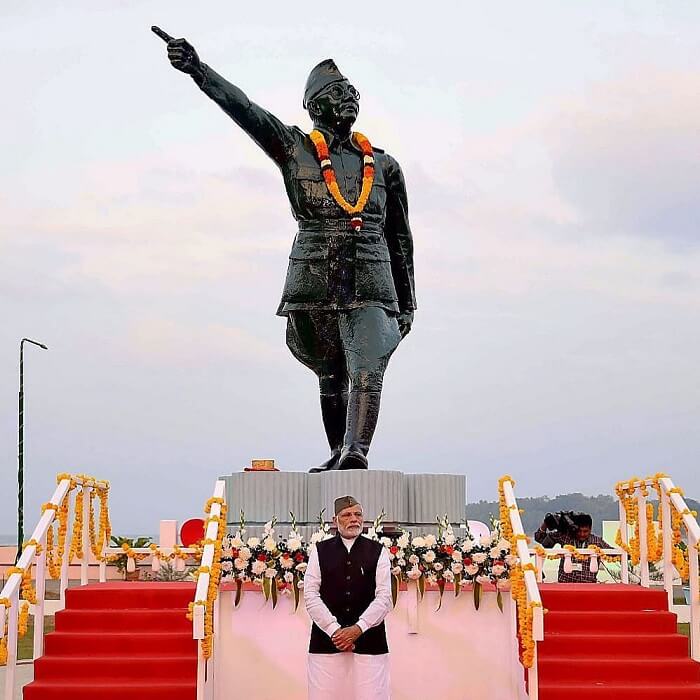
Netaji Subhash Chandra Bose was born on January 23rd; that's why this day is celebrated as Subhas Chandra Bose Jayanti every year In 2022, his 124th birthday was commemorated. Various cultural activities are being held in his honor on this important day, including paying tribute to Netaji's accomplishments and efforts for independence. Also, Netaji Subhash Chandra Bose is honored by leaders and citizens throughout the country on this day. MemorialsA famous leader of India's independence, Subhash Chandra Bose, is remembered in numerous memorials around the globe. The Netaji Bhawan is a museum in Kolkata, India that highlights Bose's life and the fight for freedom. To honor his vision and connection to the Cellular Jail, the Andaman and Nicobar Islands christened a prominent island Netaji Subhash Chandra Bose Island. In Esplanade Park in Singapore, the Netaji Subhash Chandra Bose Memorial honors his service in the Indian National Army and his ties to the city during World War II. The Netaji Subhash Chandra Bose Museum, which immerses visitors in Bose's life and his contributions to India's freedom struggle, is located in Delhi's Red Fort. Tokyo, Japan, features a statue of Bose in Harumi Park, symbolizing the bond between the two countries and recognizing his collaboration with Japan. These memorials, along with numerous street names, institutions, and annual celebrations, are enduring reminders of Bose's indomitable spirit and lasting impact on India's history and struggle for independence. Awards, Monuments, and Achievements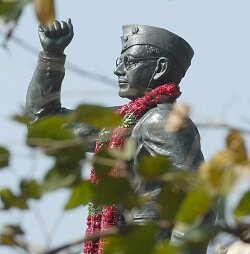
After his death, the Bharat Ratna Award, India's highest civilian honor, was given to Netaji Subhas Chandra Bose. However, it was later revoked when a PIL was filed in court challenging the award's 'posthumous' character. A monument of Netaji Subhas Chandra Bose stands in front of the West Bengal Legislative Assembly, and his image may also be seen on the Indian Parliament's walls. A Few Books by HimSubhash Chandra Bose was not only a superb thinker and a charismatic leader,but he also could communicate with others through the pen. In this context, several of his novels were quite well-known in the public imagination at the time, presenting a few of them before you.
ConclusionA well-known participant in India's fight for independence from British control was Subhash Chandra Bose. His actions were always characterized by steadfast patriotism, bravery, and resolve. Born in 1897, Bose spent his entire life working for India's independence. He was crucial in forming the Indian National Congress and fought for total independence from British rule. Give me blood, and I will give you freedom," was Bose's slogan that best captured his unbreakable spirit. Bose relied on direct action to accomplish his objectives and sought backing from several foreign nations, notably Nazi Germany and Imperial Japan. To impose India's independence through force, he established the Indian National Army (INA) in 1942. Sadly, Bose's life tragically ended in a plane crash in 1945 under unclear circumstances. His legacy endures despite his tragic passing. Generations have been inspired by Subhash Chandra Bose's unshakable commitment and belief in an independent India. He is still regarded as a renowned figure in Indian history, having given his life and significantly contributing to the nation's fight for independence.
Next TopicGovinda
|
 For Videos Join Our Youtube Channel: Join Now
For Videos Join Our Youtube Channel: Join Now
Feedback
- Send your Feedback to [email protected]
Help Others, Please Share









